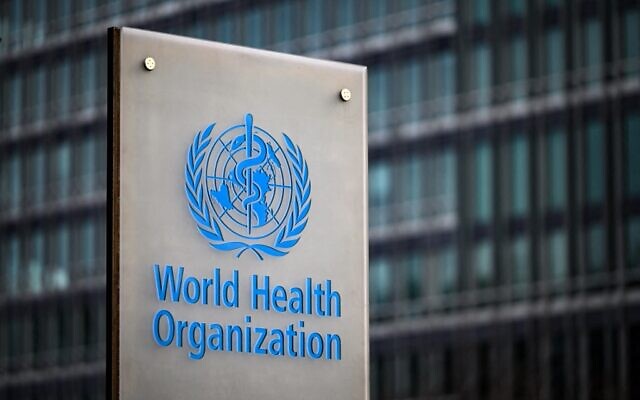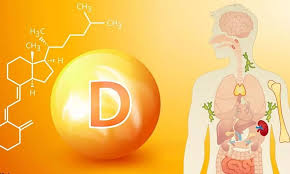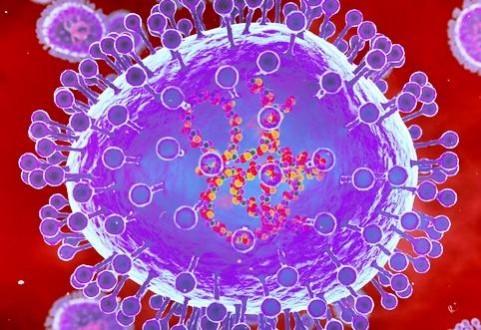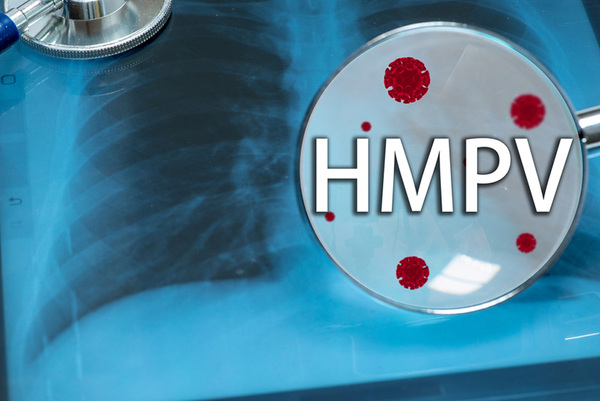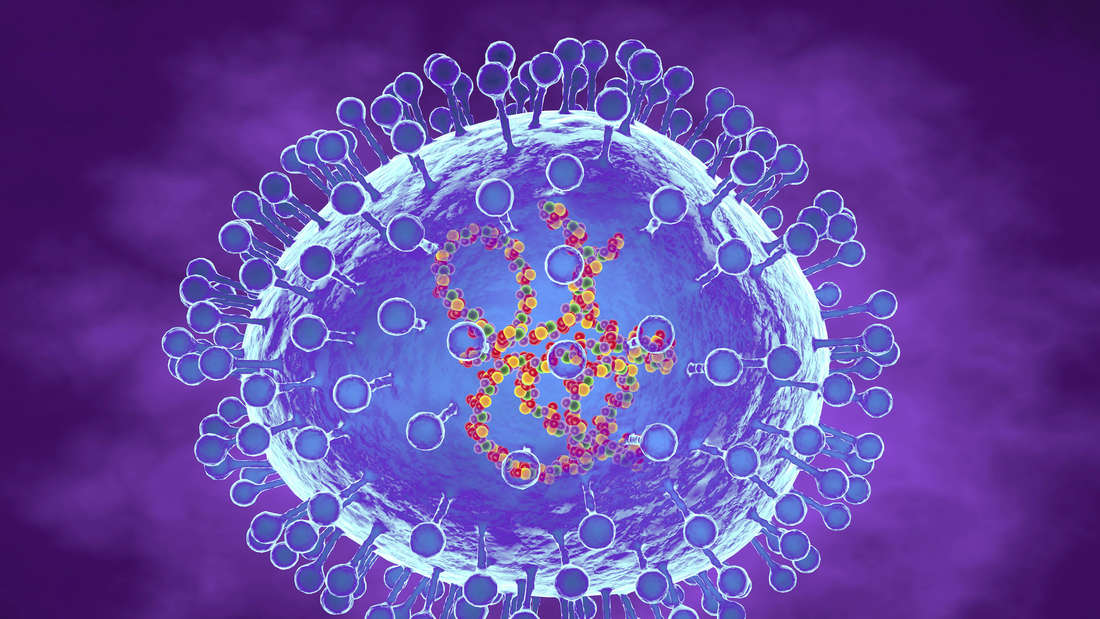Vitamin D may help mitigate chemotherapy side effects: Study
Mon 22 Jun 2020, 12:22:24
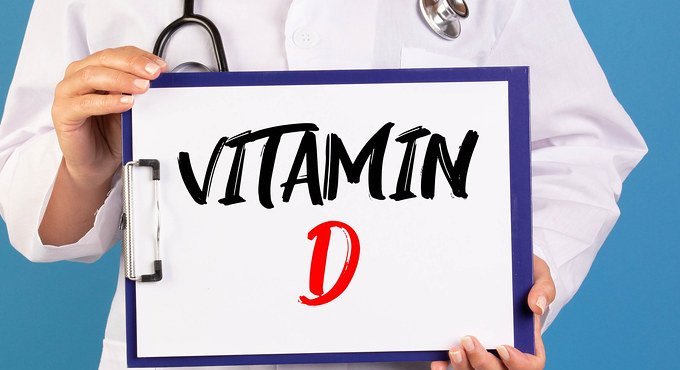
Sydney: Researchers have found that vitamin D can mitigate chemotherapy-induced gastrointestinal mucositis — a painful inflammation and ulceration of the digestive tract.
Gastrointestinal mucositis is one adverse outcome of chemotherapy that has plagued cancer sufferers for years and, for which, no effective treatment currently exists.
The findings showed that vitamin D could potentially mitigate inflamed intestinal tracts and provide relief to cancer patients.
The study, published in the journal Supportive and Palliative Care, highlights the limited options for easing the gastrointestinal side effects of chemotherapy, singling out Vitamin D and probiotics as the most promising.
“We already know that Vitamin D helps in the absorption of calcium, but new findings suggest it may also play an important role in chemotherapy-induced intestinal mucositis,” said study lead author Cyan Sylvester from the University of South Australia.
“The severity and progression of various gastrointestinal diseases, such as irritable bowel syndrome and colorectal cancer, is associated with Vitamin D deficiency,” Sylvester added.
“It appears that Vitamin D helps
suppress inflammation and enhances the function of T-cells which boosts immunity,” she explained.
suppress inflammation and enhances the function of T-cells which boosts immunity,” she explained.
Vitamin D is also thought to improve the efficacy of certain anti-cancer drugs.
The researchers are now working on ways to enhance the activity of vitamin D in the intestine as a more viable option for treating gastrointestinal mucositis.
“We know that Vitamin D definitely does more than help absorbs calcium, but we need to better understand and optimise its action in the gut before we can be 100 per cent confident that it could be a treatment option for gastrointestinal mucositis,” said study researcher Andrea Stringer.
Probiotics (live bacteria and yeast) have also been widely promoted for digestive health and there is evidence they reduce the severity of diarrhoea and abdominal pain, but researchers have not been able to establish the direct effect of probiotics on intestinal function that reduces these side effects during and following cancer treatment.
“Vitamin D shows the most promise and could prove the key hormone to alleviate suffering for cancer patients,” the study authors wrote.
No Comments For This Post, Be first to write a Comment.
Most viewed from Health
AIMIM News
Asaduddin Owaisi questions PM Modi's China policy
Jan 08, 2025
Owaisi slams UP over police post near Sambhal mosque
Dec 31, 2024
Owaisi hails SC order on Places of Worship Act
Dec 13, 2024
AAP Corporator Tahir Hussain joins AIMIM party
Dec 11, 2024
Latest Urdu News
Most Viewed
May 26, 2020
Which political party will win the Delhi Assembly polls to be held on Feb 5?
Latest Videos View All
Like Us
Home
About Us
Advertise With Us
All Polls
Epaper Archives
Privacy Policy
Contact Us
Download Etemaad App
© 2025 Etemaad Daily News, All Rights Reserved.


